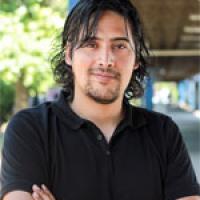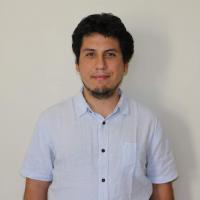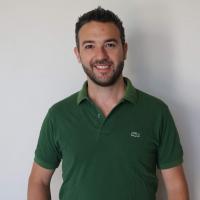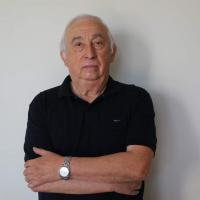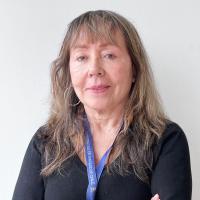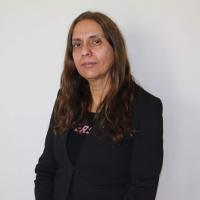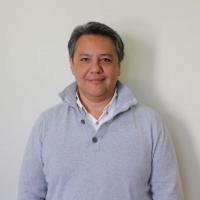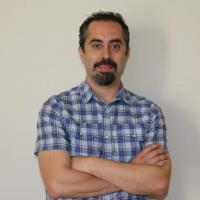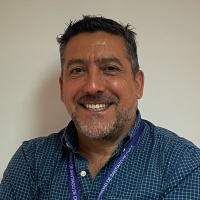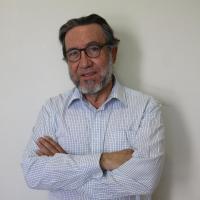Abstract
JOSE H. ZAGAL is Full-Professor, Faculty of Chemistry and Biology, University of Santiago de Chile, Ph.D. in Chemistry Case Western Reserve University, Ohio, USA (1978) and was postdoctoral fellow at Brookhaven National Laboratory, Upton, New York in 1982. Invited Scientist, National University of La Plata, Argentina in 1991 and 1996 Invited Scientist, Federal University of Sao Carlos, Sao Paulo, Brazil 1992, 1995, Brown & Williamson Visiting Scholar, University of Louisville, Kentucky 1996 Invited Scientist, University of Fortaleza, Brazil 1997, University of Guanajuato, Mexico, 2002, 2004. Invited Professor, ESPCI, Université Pierre et Marie Curie, Paris 1997, Chem Tech, Paris, 2000-2016 Poltecnico di Torino ,2022
Publications
7920 citations in WOS, impact factor H = 47. SCOPUS: 8388 citations factor H = 48. Updated as of May 8, 2023 (Scopus database). Google Scholar: 14658 citations with an H factor = 62 . 222 publications in indexed journals, 25 other publications.
https://www-webofscience-com.ezproxy.usach.cl/wos/woscc/citation-report/4d7fc5ce-3f02-47bc-87fa-be1216613bd8-86d34367
https://www-scopus-com.ezproxy.usach.cl/authid/detail.uri?authorId=7006164899
https://scholar.google.com/citations?user=vjUabgsAAAAJ&hl=en
He has presented more than 400 papers in national and international meetings, including some plenary and invited lectures.
Editorial Boards
- Current Electrocatalysis, Bentham Science Publishers (desde 2021)
- Materials for Renewable and Sustainable Energy, Springer (desde 2021).
- Applied Surface Science Advances, Elsevier (desde 2020).
- Frontiers in Chemistry Electrochemistry, Review Editor (desde 2018)
- Electrochemistry Communications, Elsevier (desde 2014)
- Electrochemical Energy Technology, De Gruytier (2014-2020)
- Journal of the Serbian Chemical Society (desde 2014)
- Journal of Solid-State Electrochemistry, Springer (desde 2012)
- International Journal of Electrochemistry, Editorial Endawi (2010-2020)
- Electrocatalysis, Springer (2009-2015)
- Química Nova Brazilian Chemical Society (desde 2015)
- Journal of the Chilean Chemical Society (1984-2007)
- Journal of Applied Electrochemistry, Springer (1987-2010)
- Revista Contribuciones de la Universidad de Santiago de Chile (since 2015)
- Sello Editorial de la Universidad de Santiago de Chile (2008-2019)
- Member of the Editorial Board Universidad de Santiago de Chile (1986-1990)
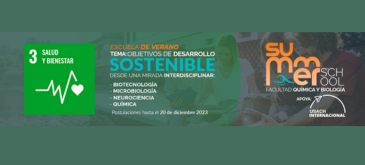 Ene 809:45
Ene 809:45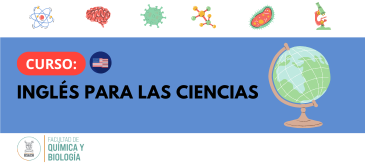 Ene 218:00Descripción del curso:
Ene 218:00Descripción del curso: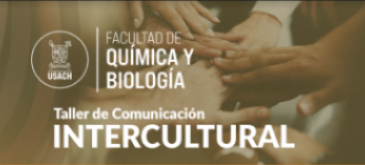 Mayo 3111:30
Mayo 3111:30



